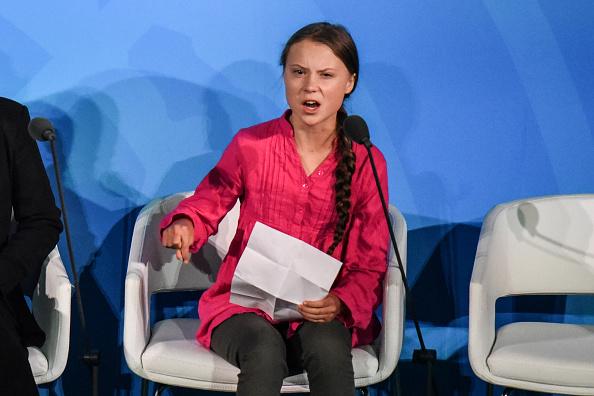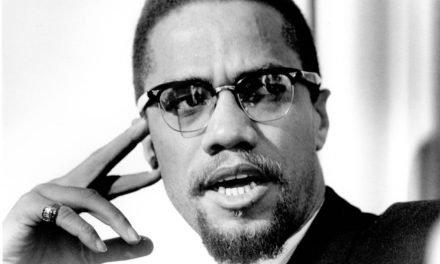
Do we really need to address gender equity at work?
If you are a company seeking to thrive – or even to survive – in today’s market, that is likely not the question you want to ask. The credible evidence from knowledgeable sources on the benefit of gender equity is numerous. Likewise, the consequences faced by organizations on the wrong side of this issue are so real and tangible. The only intelligent answer to that question is an obvious and resounding YES.
Creating and maintaining a workplace that respects the needs and contributions of everyone is essential if you want to:
- Foster engagement of all employees, particularly Millennials of both genders;
- Lock-in customer affinity, sales and market share growth with an ever more diverse consumer market that prefers doing business with companies that represent and value their experiences;
- Earn – and keep – the respect of web-savvy consumers who monitor companies’ policies and practices to determine if their actions support their claims to value gender equity.
So, the real question is: “Why do we have such a hard time creating a safe, fair and equitable workplace?” There are many reasons. The current “state of affairs” did not happen overnight, nor was it created in a vacuum. Changing deeply entrenched policies and behaviors takes time, commitment and work.
And let’s face it – there is also the fear factor. Being cautious about changes to the status quo is ingrained in the human psyche. It’s part of what helped us survive as a species. So even changes that are for the greater good can evoke fears of:
- Facing the unknown. For some, the #MeToo era has led to radical change in the rules of engagement that they don’t understand or know how to navigate. For others, these new rules are disruptive; embracing them will overturn long-held attitudes and practices.
- Risking exposure. Social media platforms allow the average consumer or employee the ability to uplift companies who implement cultures that support equality and to swiftly call out companies that do not.
- Making mistakes. Even well-intended actions may be negatively perceived, leaving some managers afraid to address the issue of gender equality or implement change.
- Losing opportunities. For some, the #MeToo movement seems to advocate a Win-Lose, blame, and shame dynamic versus a Win-Win strategy that benefits all .
We can work through this together!
Like many people, I found that the events surrounding the evolution of the #MeToo movement led me to more fully examine how I approached gender equality.
I consider myself an “advocate developer,” someone who disrupts the status quo in a manner that is client-focused to achieve organizational goals. Working with decision-makers to reach strategic goals by maximizing the potential of all their employees and customers has been my life’s focus for the past 25 years.
I have also had the privilege of being married to a very accomplished, successful and empowered woman. I witnessed how hard she worked for her many hard-won successes. The story behind the fight for gender equality is not just an abstract concept for me. It’s personal. And if anyone was equipped to be an agent for change, it was me.
Yet, as I began to listen to women tell their #MeToo stories, I recognized that I needed to take a step back. There were things women needed to say that, quite honestly, I wasn’t prepared to hear. Although I purposefully engaged in the discussions and had an idea of what kinds of stories I was likely to hear, it was still uncomfortable at times. Like any member of a dominant group, there were instances when I felt myself becoming defensive, even though I know better.
As I began to listen to women tell their #MeToo stories, I recognized that I needed to take a step back. There were things women needed to say that, quite honestly, I wasn’t prepared to hear. There were instances when I felt… Share on XIn the end, my takeaway is this. I am honest, empathetic and deeply committed to creating an environment where every human being can fully develop their potential. But I am not and cannot be perfect. No matter how much I believe, understand or even empathize with a woman’s experience, I can’t live it. I can be an advocate, but it’s her truth, not mine. An #ImperfectAllly is the best I can be…but it is enough if I take action to advocate for change.
I can be an advocate, but it’s her truth, not mine. An #ImperfectAllly is the best I can be…but it is enough. Share on XThat said, I have centered a significant part of my work with The Winters Group around developing Ally assessments and learning experiences. I focus on providing measurable results through tools and processes aligned with strategic business goals.
With a long professional history of facilitating sensitive conversations, I have experience with promoting a safe environment where everyone’s experience and perspective is acknowledged. The “#MeToo Imperfect Ally” assessment was designed around my strong belief that the issue of gender equity must be addressed constructively with Win-Win outcomes.
“The #MeToo Imperfect Ally” workshop generates awareness of the topic of gender equality and provides an opportunity for all employees to engage in meaningful communication and collaboration towards gender equity. I help answer the questions organizations and leaders want to ask, and provide them with performance models, tools and assessments they can use to implement tangible changes in the workplace. In order to move forward, we must create safe spaces for honest discussion.
To that end, what questions regarding gender equity in the workplace are you most hesitant to ask and address? Let’s talk.


















